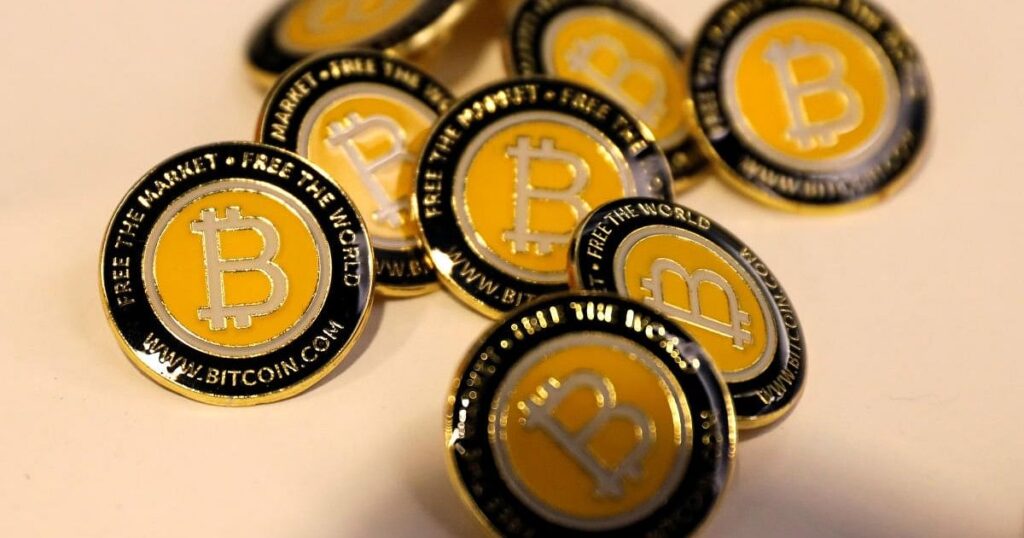Unhappy with the status quo, the Monetary Authority of Singapore has drawn up a roadmap to transform the island nation’s financial services sector by 2025. One specific plan was to digitise infrastructure. Marketnode, a joint venture between the city’s stock exchange and Temasek Holdings Pte, the investment firm behind Singapore’s $288 billion worth of state assets, has been tasked with operating the new highway on which money and units of funds will be able to move faster.
Last quarter, the Fundnode platform launched spot payment orders, reducing the settlement time to two business days after the transaction, or T+2 in industry jargon. Before the end of the year, savings in Singapore’s public and private pension schemes will also be able to flow in and out of mutual funds with the same ease.
The experiment in efficiency comes at a delicate time for Singapore’s reputation as a financial centre. A record S$3 billion money laundering scandal, in which a Chinese criminal group laundered online gambling profits through at least 16 financial institutions, has made banks and authorities even more wary of illicit flows.
The city’s stance on cryptocurrencies has also hardened, particularly when it comes to protecting local investors. When Singapore hosts its Formula 1 night race on September 22, there will be no crypto advertising along the track. It was banned two years ago, shortly before the spectacular collapse of Sam Bankman-Fried’s FTX empire.
But blockchains, especially those that are restricted to a small group of participants, can do much more than create tokens for speculative purposes. Much of the effort to process money settlements has gone into replacing manual processes with smart contracts, or self-executing computer code. That, in turn, has required bringing together scattered, unstructured data into a unified repository, the ledger that everyone can follow “as a single source of truth,” says Rehan Ahmed, CEO of Marketnode.
It’s a long haul, but the potential is huge. Sure, Singapore is home to 0.6% of the world’s millionaires. But the savings of 6 million people are just a drop in the ocean of wealth that flows from the world’s rich. In total, the financial center’s asset managers manage S$5.4 trillion, 77% of which comes from outside the country and 89% is invested overseas. If the city-state can demonstrate the role of distributed ledgers in mutual funds, it could offer the new platform to the entire asset management industry.
And that’s just the tip of the iceberg. As Ahmed explains, large private banks issue about 500 structured products a day for their clients. By reducing the settlement period from 10 to 15 days, high-net-worth individuals could be able to execute bespoke bets in shorter timeframes. An experiment under the Monetary Authority of Singapore’s Project Guardian, in which HSBC Holdings Plc acted as an issuer of structured products on Marketnode’s platform, has spawned a second product for the Singaporean company. HSBC led the startup’s Series A funding round in May.
Hong Kong and Singapore, Asia’s two financial hubs, are charting their own paths. Hong Kong is set to put e-HKD, a paperless version of its cash, in the hands of individuals, while Singapore has decided to stay away from the global craze for retail central bank digital currencies, or CBDCs. It is, however, ahead in harnessing blockchain technology in the workings of institutional finance. Temasek co-founded another financial infrastructure startup, Partior, to create a unified ledger that will reduce counterparty risk in foreign exchange transactions.
Traditional rivals also have common ground. Hong Kong wants to explore digital representations of everything from green bonds to electric-vehicle charging stations. Singapore isn’t far behind. Last year, it launched five new pilot projects to tap into what Citigroup Inc. calls the “breakthrough use case” for blockchain technology: a $4 trillion market for tokenizing financial and real-world assets by 2030.
The exotic part of the sector will always be the fast-moving cryptocurrencies, or their quieter but still controversial cousins: stablecoins. In the world of finance, however, it is not cryptocurrencies that are taking over, but the technology behind them. Distributed ledgers and smart contracts are proving their usefulness, even for asset owners and intermediaries who don’t want to be anywhere near Bitcoin.




